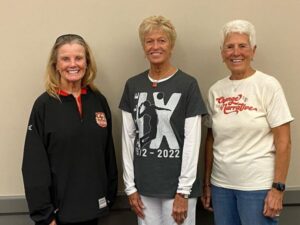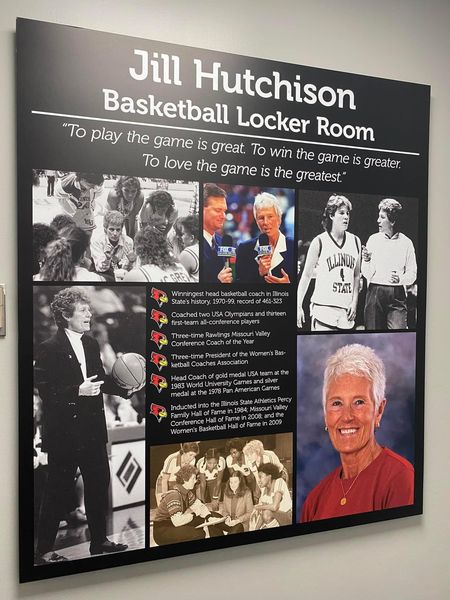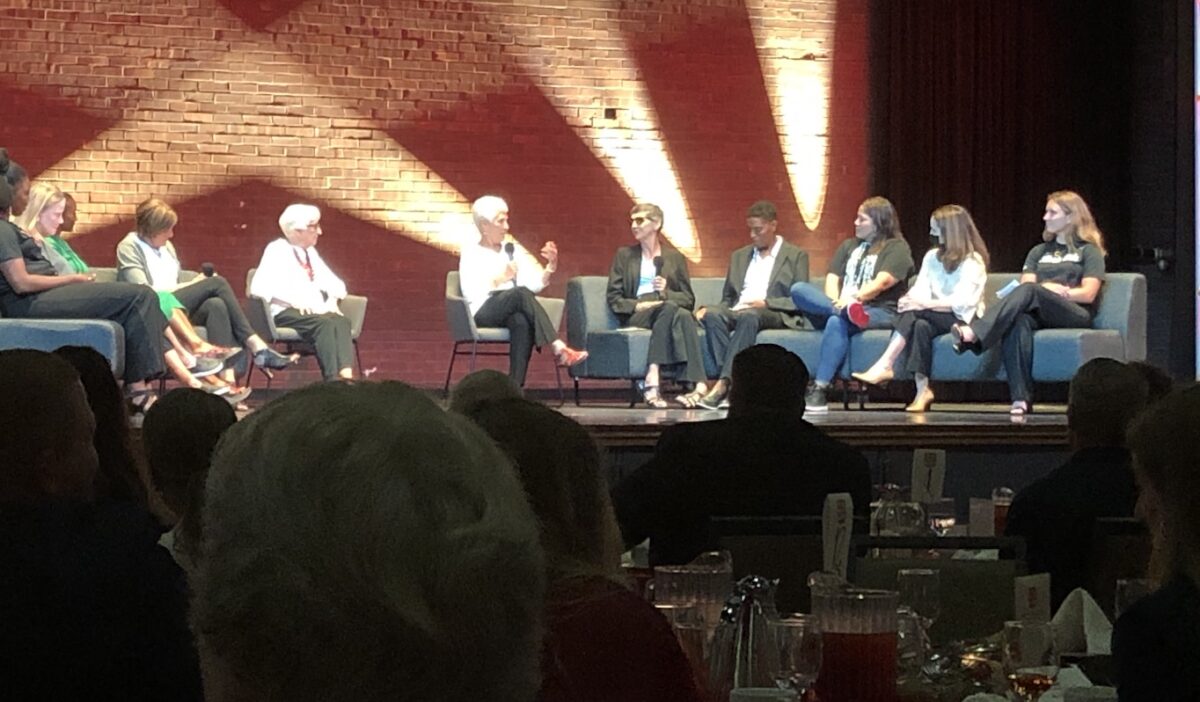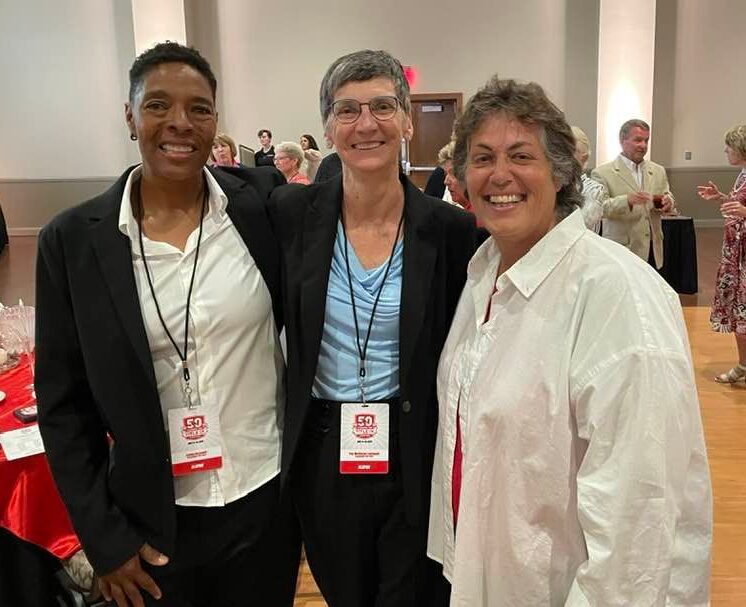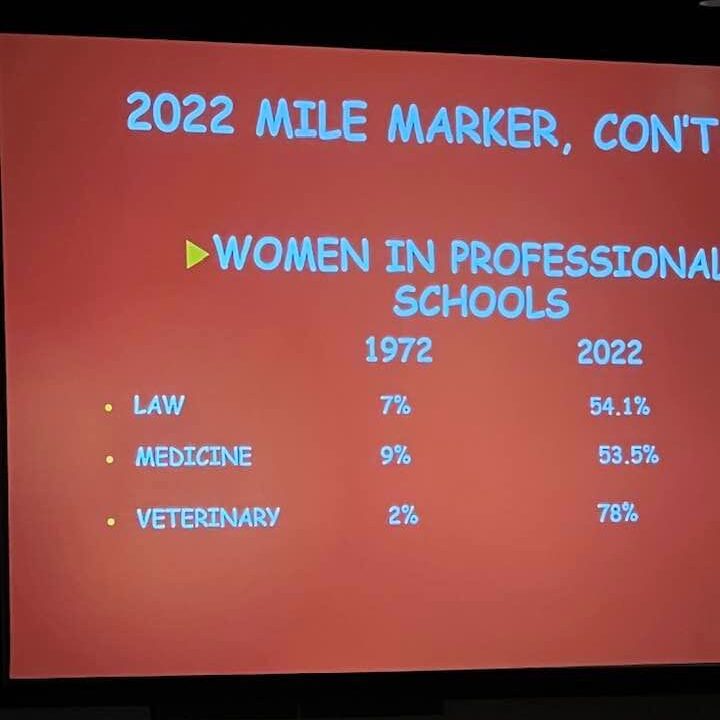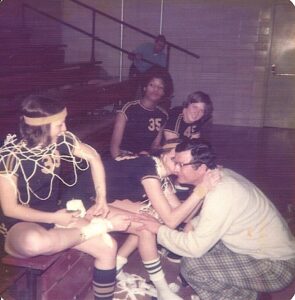 This weekend at my alma mater, Sterling High School Class of 1975 celebrates its’ 50th reunion. Sadly, the Big Pond and 4000 miles that separate us makes it impossible for me to drop in, but pieces of my heart never left home.
This weekend at my alma mater, Sterling High School Class of 1975 celebrates its’ 50th reunion. Sadly, the Big Pond and 4000 miles that separate us makes it impossible for me to drop in, but pieces of my heart never left home.
Born by the Rock River in Illinois, I grew strong in my family (McKinzie) in my hood (19th street) and within the halls of Sterling High School.
The baby boomer names— Bob, Doug, Mike, Chris, Deb, Sue, Pat— of my classmates, no longer common, have gone out of style.
Over the past half century, names aren’t the only thing that has changed.
Back then, cell phones hadn’t been invented. Instead we dialed friends’ numbers on land lines and tied up the family phone for hours as we spread gossip and sorted out teen dramas.
Text messages, huh? We communicated by flicking hand written notes across the class room on paper folded into tiny footballs.
In spring of ’75, Bill Gates and Paul Allen founded Microsoft computer software, but my peers and I practiced the hunt and peck method on type writers. Anybody remember those antique machines?
Boys jostled in the halls and teased the girls, but dangerous bullies back then did not exist. Today’s 21st century bullies lurk on social media spewing hatred and vitriol. Predators hide online; deviants use AI to create fake photos and identities and blackmail innocent victims. Cyber bullying destroys teenagers’ lives.
 In the 70’s, our streets were safer; outside threats smaller. We lined up on the playgrounds during fire drills and hid under our desks in tornado warnings. But no one could ever imagine a school shooting.
In the 70’s, our streets were safer; outside threats smaller. We lined up on the playgrounds during fire drills and hid under our desks in tornado warnings. But no one could ever imagine a school shooting.
No one died at school.
Nobody owned guns except deer hunters.
 Back then, we walked through the open school gates freely. Now security guards check backpacks at the door and roam the halls sweeping lockers for guns. Active shooting drills have become the norm.
Back then, we walked through the open school gates freely. Now security guards check backpacks at the door and roam the halls sweeping lockers for guns. Active shooting drills have become the norm.
As high schoolers in the ‘70s, we did stupid stuff. We hung out in cars, but nobody owned their own wheels. We cruised in our parents’ vehicles, spinning grease laps around McD’s, running Chinese fire drills at stop lights, pitching toilet paper out windows to TP trees.
My class was notorious for the “Moon Mobile!” Bare butts hanging in the wind became a common sighting!
Our shenanigans were annoying, but innocent.
Our greatest transgression — streaking (running buck naked) across the football field under the Friday night lights. We had slumber parties and seances and summer jobs.
“What’s happenin?” 70s gave way to the shake your bootie disco days of the 80’s. We grew up to the background beat of Motown and Springsteen’s “Born to Run,” during the Vietnam War Era, moon landings and Watergate.
At the time, we never appreciated the opportunities Sterling provided, giving us the chance to pursue our interests and hone skills in outstanding facilities. Drama club, robed choir, marching band, dance, pom poms, cheerleaders, chess, debate and sports a go go.
Not for girls.
 Not right away. But when Title IX started rolling, we were one of the first schools in Illinois to provide girls’ competitive sport programs.
Not right away. But when Title IX started rolling, we were one of the first schools in Illinois to provide girls’ competitive sport programs.
Back then, I probably had a chip on my shoulder because I wanted to play ALL sports like my male peers. But I was lucky to come of age at the tip of Title IX and be there at the beginning—first girls’ teams, first female Roscoe Eades recipient, first women’s athletic college scholarship recipient, first women’s pro basketball league (WBL) draftee.
I will always have a special affinity for the class of 75, but after graduation, age differences blur. Once we tossed that blue cap to wind, we all became proud alumni. In retrospect, boomers raised in big families had so many siblings at SHS at the same time, class distinctions never mattered.
I recall my older brother’s talented class of 73, with his brainy bunch of friends headed to the Ivies, and equally exceptional athletes off to the Big Ten. I’ll always remember the Sweet Sixteen boy’s basketball team that let me play in pick-up games, long before girl’s hooping was a thing. And who could ever forget my lil sister’s winning Illinois’ 1st girls’ state basketball championship in 1977.
Did we appreciate our fortune surmounting those challenging rights of passage on our campus, as impressive as any university? For a blink in history, we shared a common bond. We grew up in the same place, at the same a time, when graduation to adulthood was simpler, safer, saner.
We were basically good kids.
 If we ever failed to toe the line at SHS, we had great character-building role models, teachers, coaches and administrators who held us accountable and made us own our mistakes.
If we ever failed to toe the line at SHS, we had great character-building role models, teachers, coaches and administrators who held us accountable and made us own our mistakes.
We learned lifelong lessons of dependability, honesty and integrity through team participation and performances in the arts and sports.
Sadly, since those carefree times, we have lost family members and loved ones, including friends from our graduating class, like Mouse, Bob, Jay, Laurie and others.
Many classmates attending our 50th reunion will have replaced worn out body parts, survived heart attacks, endured cancer, COVID 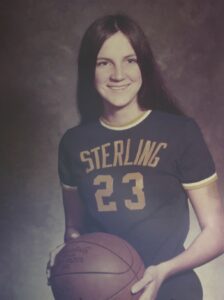 and other chronic diseases.
and other chronic diseases.
My old friends will gather to celebrate, to watch a football game, tour the SHS campus and reminisce about the good ol’days!
Somewhere across the globe, a tall, slender gal will raise a glass in their honor.
Thanks for those magical 70’s memories.
Our Sterling years remain etched in gold forever.
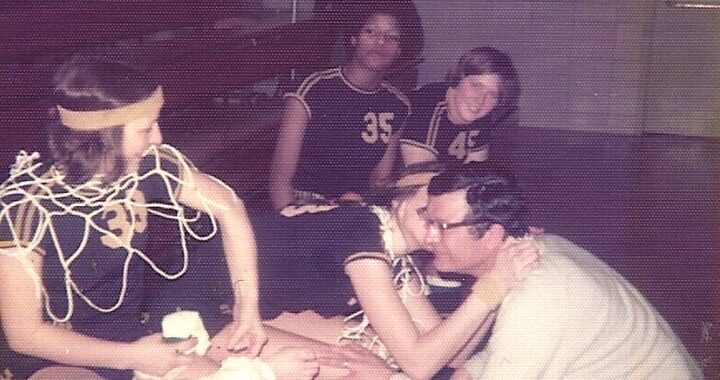

 As an athlete, coming of age in the 70s during Title IX’s infancy, the explosion of women’s basketball today blows my mind.
As an athlete, coming of age in the 70s during Title IX’s infancy, the explosion of women’s basketball today blows my mind.
 So did my little sister.
So did my little sister. On August 24, 2024, at Minnesota’s Target Center, as I sat on the upper level of the packed arena, pandemonium erupted as fans paid tribute to their past hero and applauded the exploits of their present star, both catalysts in revolutionizing the popularity of the women’s game.
On August 24, 2024, at Minnesota’s Target Center, as I sat on the upper level of the packed arena, pandemonium erupted as fans paid tribute to their past hero and applauded the exploits of their present star, both catalysts in revolutionizing the popularity of the women’s game. Thanks to Title IX, a girl grows up never questioning her right to be all she can be.
Thanks to Title IX, a girl grows up never questioning her right to be all she can be. After the game, Maya Moore Irons addressed former teammates and fans as they raised her number 23 to the rafters. Known for her illustrious MVP career, Maya stands out most, not for her accolades on the court, but for the person she is off it.
After the game, Maya Moore Irons addressed former teammates and fans as they raised her number 23 to the rafters. Known for her illustrious MVP career, Maya stands out most, not for her accolades on the court, but for the person she is off it.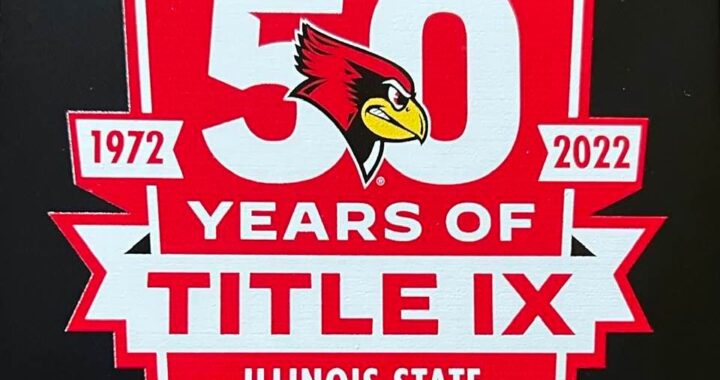
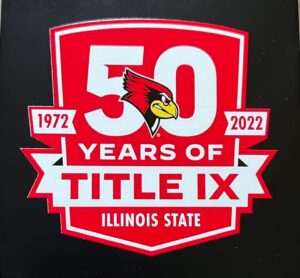 Half a century ago, no one paid any attention when my friends and I played basketball. We got kicked off the court, but shoved our way back in the game, clearing the lane for Caitlin Clark, Angel Reese, Paige Bueckers, Juju Watkins and the contemporary stars of today.
Half a century ago, no one paid any attention when my friends and I played basketball. We got kicked off the court, but shoved our way back in the game, clearing the lane for Caitlin Clark, Angel Reese, Paige Bueckers, Juju Watkins and the contemporary stars of today.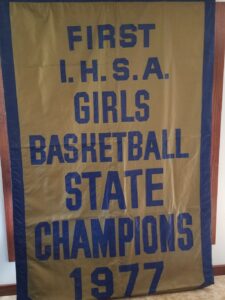 In the sixties, in my own second grade story I wrote about the lockers playing a basketball game against the waste baskets during recess. Back then, I imagined inanimate objects in school had a greater chance of competing in the game than girls. Yet, like my sports loving peers, we shot hoops anyway creating a path so new that no one envisioned its existence.
In the sixties, in my own second grade story I wrote about the lockers playing a basketball game against the waste baskets during recess. Back then, I imagined inanimate objects in school had a greater chance of competing in the game than girls. Yet, like my sports loving peers, we shot hoops anyway creating a path so new that no one envisioned its existence.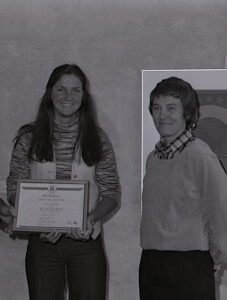
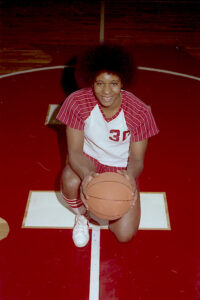


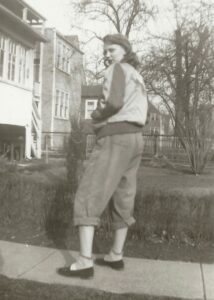
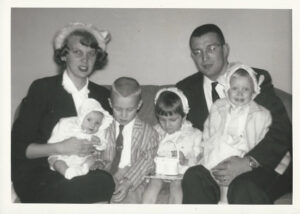
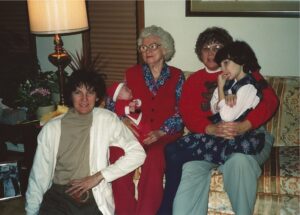




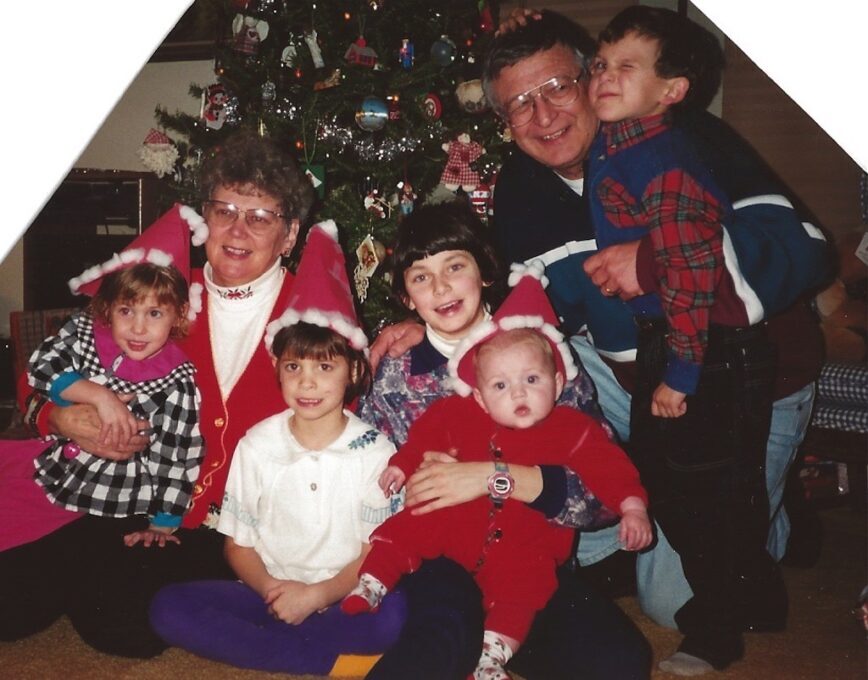
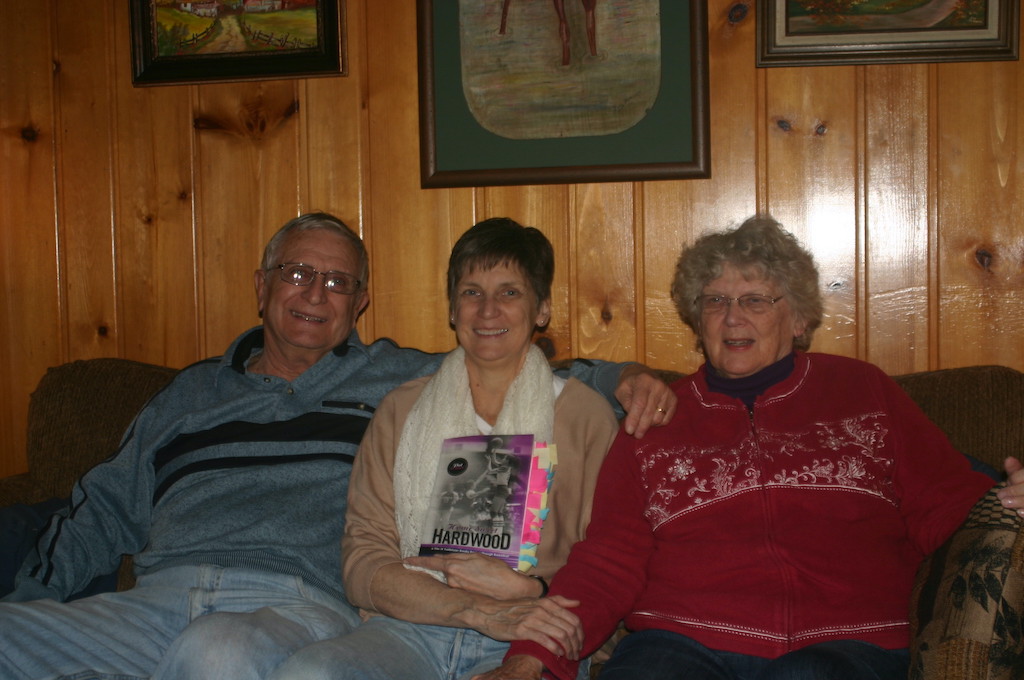


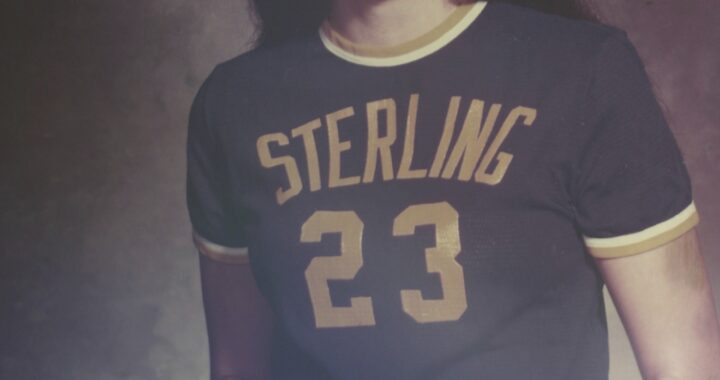
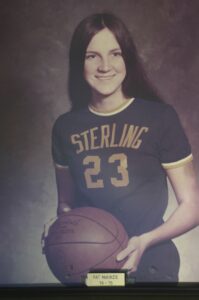 Many Sterlingites moved away from town, but like me still bleed blue and gold. Like a tattoo, our Sterling High School days remain ingrained in our hearts.
Many Sterlingites moved away from town, but like me still bleed blue and gold. Like a tattoo, our Sterling High School days remain ingrained in our hearts.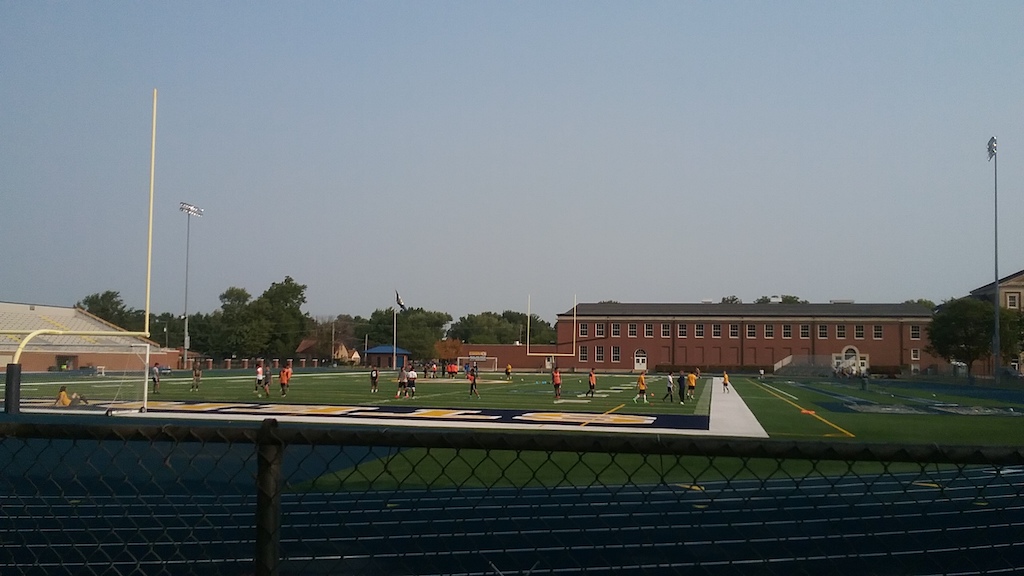
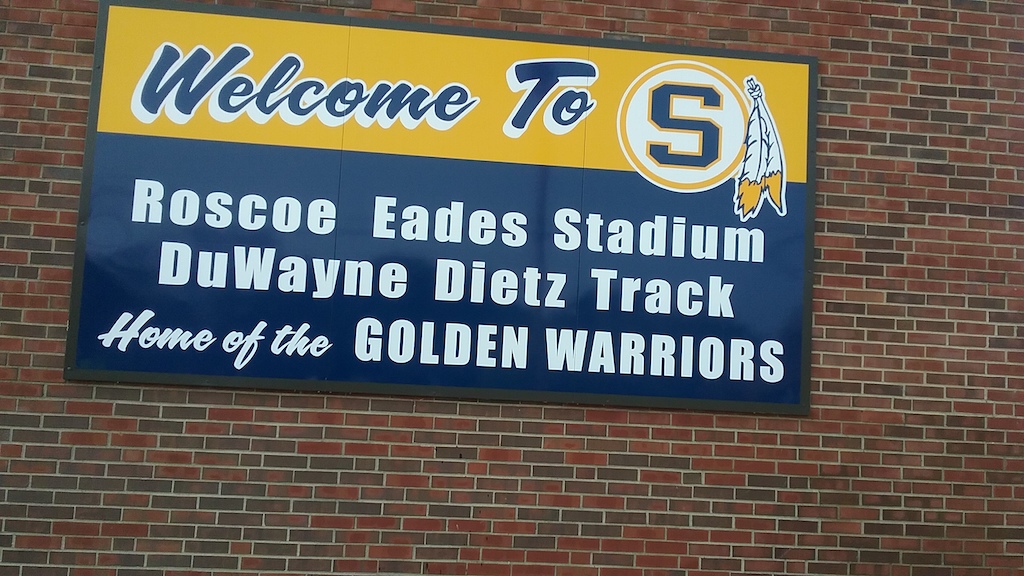
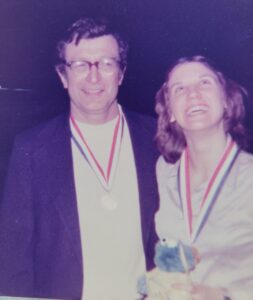
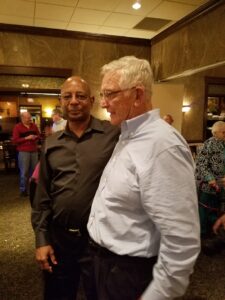
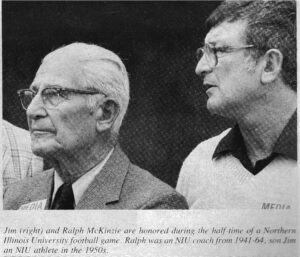
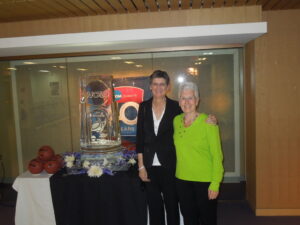
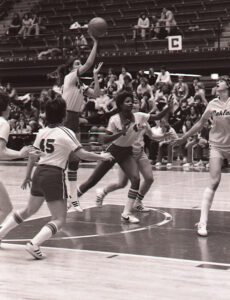
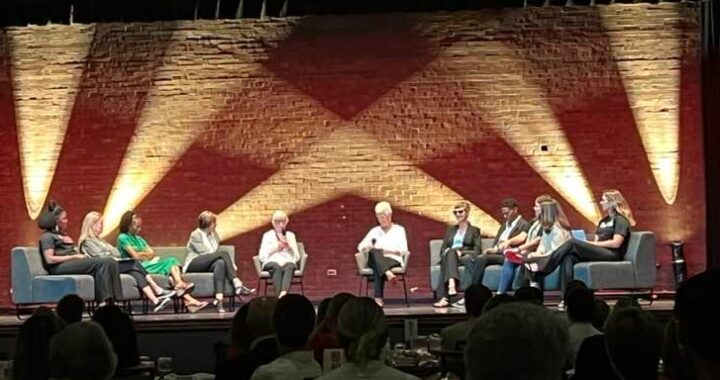
 As a girl, I was stuck on the sideline, watching boy’s basketball games, hoping that the ball would roll out of bounds so I could throw it back into play. I never fathomed girls would be allowed on center court one day.
As a girl, I was stuck on the sideline, watching boy’s basketball games, hoping that the ball would roll out of bounds so I could throw it back into play. I never fathomed girls would be allowed on center court one day.